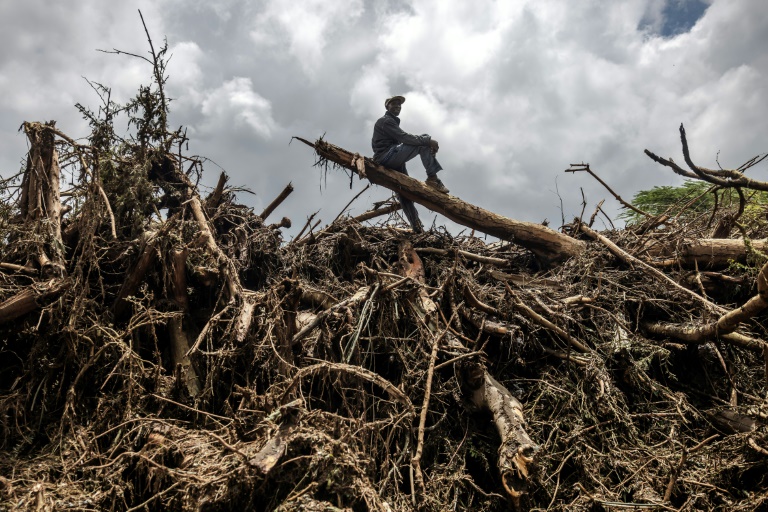The Nigeria Centre for Disease Control and Prevention (NCDC) has raised concerns over a surge in Lassa fever cases nationwide, with Bauchi, Edo, and Ondo States recording higher numbers since November 2024.
The Director-General of NCDC, Jide Idris, said this in an interview with the News Agency of Nigeria (NAN) in Abuja on Monday.
Mr Idris said the disease control agency had issued a comprehensive public advisory on Lassa fever, urging Nigerians to adopt preventive measures as cases continue to rise during the peak transmission season.
He warned that the peak dry season, which lasts until April, could exacerbate outbreak if preventive measures are not strictly adhered to.
NAN reports that Lassa fever, named after the town of Lassa in Borno, where it was first identified in 1969, is endemic in Nigeria, with outbreaks occurring almost yearly.
The viral haemorrhagic disease is primarily transmitted through contact with food or surfaces contaminated with excretions from infected rodents.
The disease can also spread through direct contact with the bodily fluids of infected persons, making healthcare workers and caregivers particularly vulnerable.
Symptoms range from mild fever and joint pain to severe bleeding from the nose, mouth and gastrointestinal tract.
The disease is fatal in about 20 per cent of cases, particularly when treatment is delayed.
The NCDC boss, therefore, recommended frequent handwashing with soap and water, storing food items in rodent-proof containers and proper disposal of waste to deter rodents.
He stressed the need for increased public awareness and early intervention, which he described as keys to curbing an outbreak.
READ ALSO: Lassa Fever: 23 people confirmed dead from 48 cases in Ebonyi – Nwifuru
He added that the centre intensified surveillance and response activities in affected states and advised Nigerians to report suspected cases to the nearest health facility and ensure that proper hygiene practices are observed.
He said late reporting of cases had been a major concern, which hindered effective containment.
Meanwhile, Tunde Oladipo, a public health expert, described the Lassa fever outbreak as “a serious but preventable health crisis.”
Mr Oladipo said strict hygiene practices, proper food storage and rodent control are crucial to reducing transmission.
He urged individuals to avoid unprotected contact with sick persons or their fluids.”
(NAN)
Support PREMIUM TIMES’ journalism of integrity and credibility
At Premium Times, we firmly believe in the importance of high-quality journalism. Recognizing that not everyone can afford costly news subscriptions, we are dedicated to delivering meticulously researched, fact-checked news that remains freely accessible to all.
Whether you turn to Premium Times for daily updates, in-depth investigations into pressing national issues, or entertaining trending stories, we value your readership.
It’s essential to acknowledge that news production incurs expenses, and we take pride in never placing our stories behind a prohibitive paywall.
Would you consider supporting us with a modest contribution on a monthly basis to help maintain our commitment to free, accessible news?
Make Contribution
TEXT AD: Call Willie – +2348098788999







